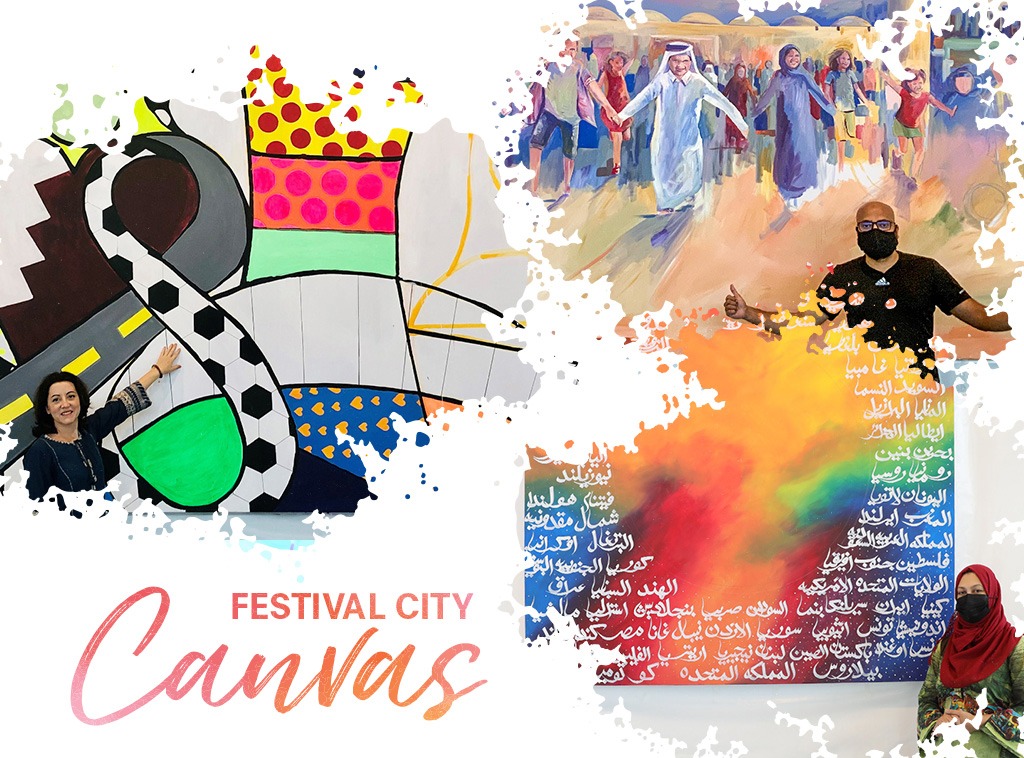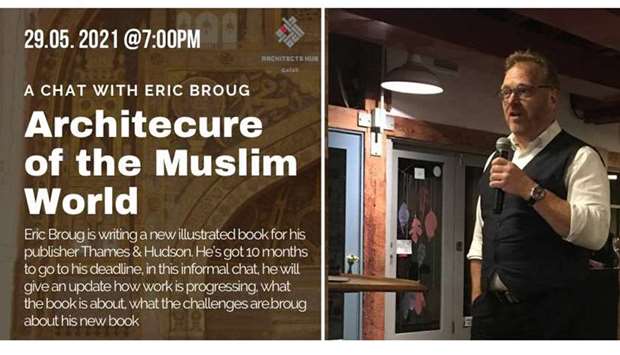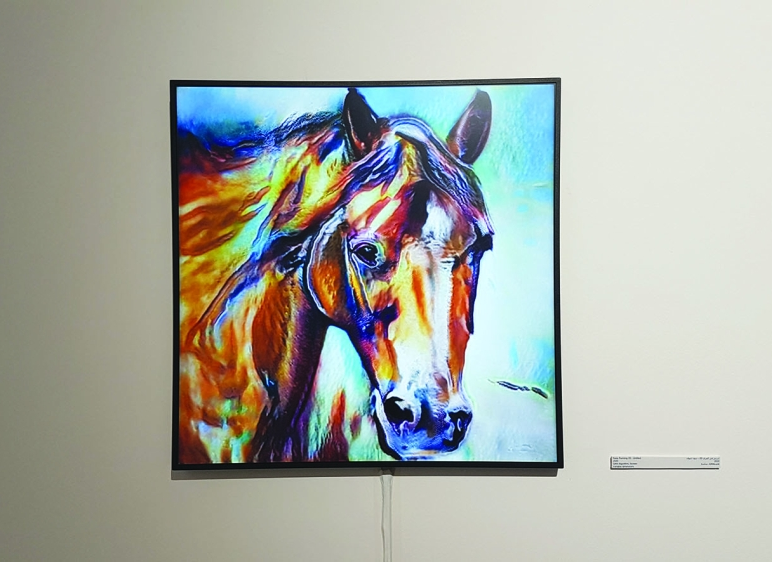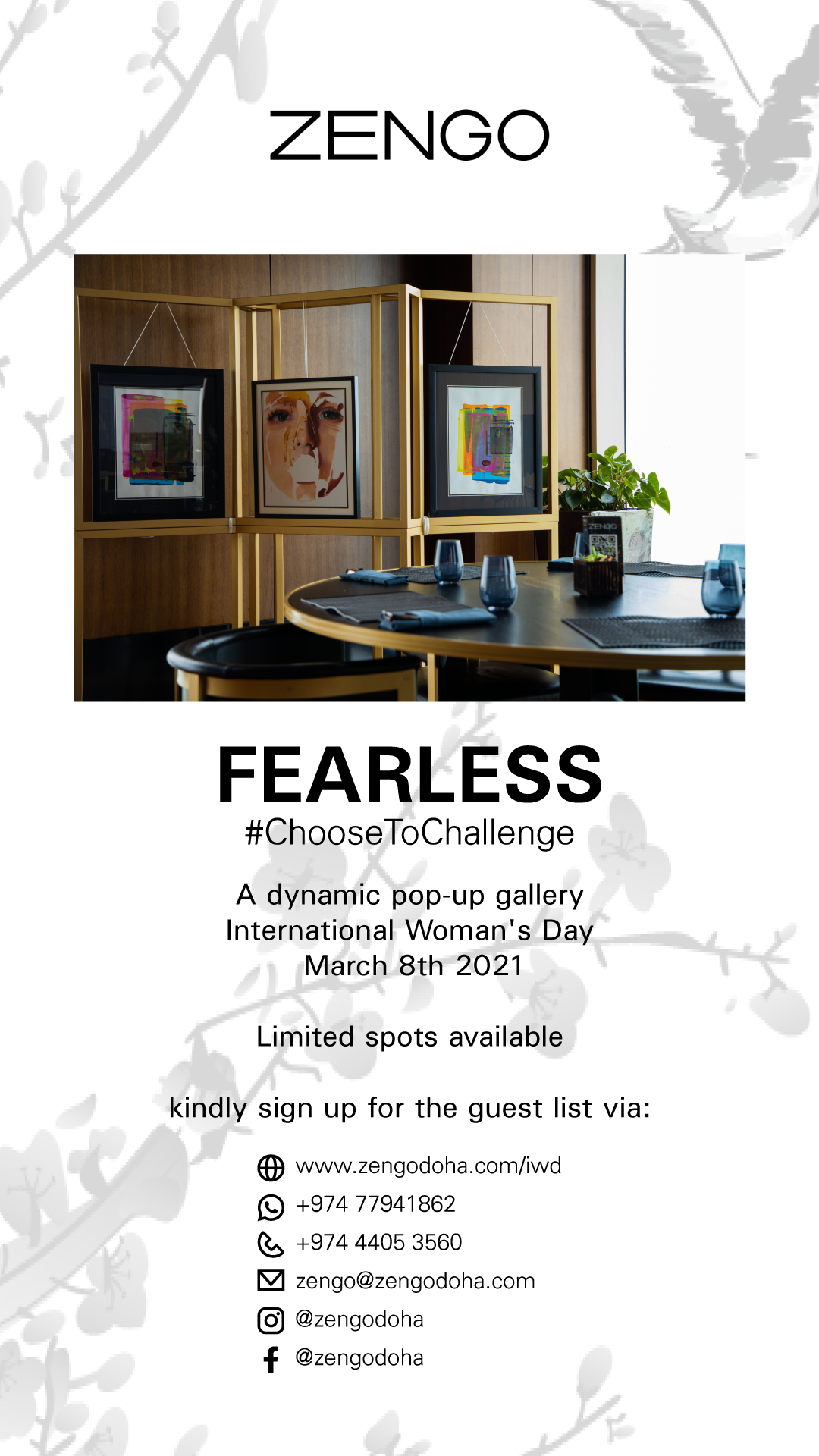13 Sep 2017, Doha:
Mathaf: Arab Museum of Modern Art in Doha has officially re-opened its doors for the Fall season following a major update of its permanent collection galleries. Titled Mathaf Collection, Summary, Part 2, the new interpretation of the museum’s extensive collection brings together landmark artists and pivotal works that redefine modern and contemporary art practices and historical narratives.

Presented by Qatar Museums under the leadership of its Chairperson, HE Sheikha Al Mayassa bint Hamad bin Khalifa Al Thani, the rehanging highlights new pieces that explore major themes of aesthetics and politics of change and progress in a pan-regional context, including the development and influence of the oil industry, the birth of new urban centres and cities, and aspirations of progress in a global, hyper digitalised and networked era.

Curated by Mathaf Director Abdellah Karroum and Mathaf curator Laura Barlow, the new display includes historical artists such as Etel Adnan (Lebanon), Farid Belkahia (Morocco), Saloua Raouda Choucair (Lebanon), Faraj Daham (Qatar), Inji Efflatoun (Egypt), Abdulhalim Radwi (Saudi Arabia), Hassan Sharif (Dubai) and Hussein Zendaroudi (Iran). A new generation of contemporary artists such as Manal AlDowayan (Saudi Arabia), Wael Shawky (Egypt) and Hayv Kahraman (Iraq-USA) is also represented in the museum’s galleries. One of Wael Shawky’s latest film titled Al Araba Al Madfuna III (2015-2016), which premiered at Mathaf earlier this year, will now also become part of the permanent collection at Mathaf.

As part of the update, Mathaf has also opened two Focus exhibitions with Works from the Mathaf Collection, which highlights some of the region’s most prominent artists with a dedicated gallery of their work on the ground floor of Mathaf. One of the Focus galleries showcases Iraqi artist Ismail Azzam’s tribute to 15 prominent Arab artists and intellectuals, while another displays a poignant series of portraits titled “Our House is on Fire”, by Iranian photographer Shirin Neshat which tell their own personal stories of struggle.

Mathaf will also present two extensive research exhibitions. The first is dedicated to Iraqi artist Shakir Hassan Al Said (1925-2004), looking at his work from the early 1950s to the late 1990s, during which time the artist moved away from depicting figures and landscapes towards a more medium-driven representation. The second exhibition is a study of the life and work of Moroccan artist Mohammed Melehi during the decade of the 1960s. From Formation (1959) to Untitled (1970-71), thirteen works trace the artist’s curiosity with ideological, scientific and political systems, shaped by formative experiences living in Europe (1955-1962) and the USA (1962-64), before returning to Morocco in 1964 that were grounded in the context of major geopolitical changes and events.
Abdellah Karroum, Director of Mathaf, said:
“Mathaf houses the largest and most extensive permanent collection of modern and contemporary Arab art in the world. We care for more than 9,000 pieces not all of which can be publicly presented at the same time. An opportunity to update our permanent galleries was an incredible chance to tell different stories by artists from across the region, to share diverse perspectives and shine a light on new personal and societal experiences. With this display, Mathaf offers more than access to the works and museum experience, we also propose a historical narrative and strong contribution to the writing of the global art history from a regional perspective.”

We are proud to showcase the works of pioneering Arab artists at Mathaf, to enrich the lives of all those who live in and visit Qatar. Mathaf Collection, Summary, Part 2 and Focus come as part of our commitment to celebrate modern and contemporary art, and foster an institution that is the centre of creative dialogue.”

The updated Mathaf collection reflects a number of important defining moments in Arab history and artistic innovations in the region, contributing an original perspective to local and global conversations about art and society. For more information visit www.mathaf.org.qa.






Leave A Comment
You must be logged in to post a comment.